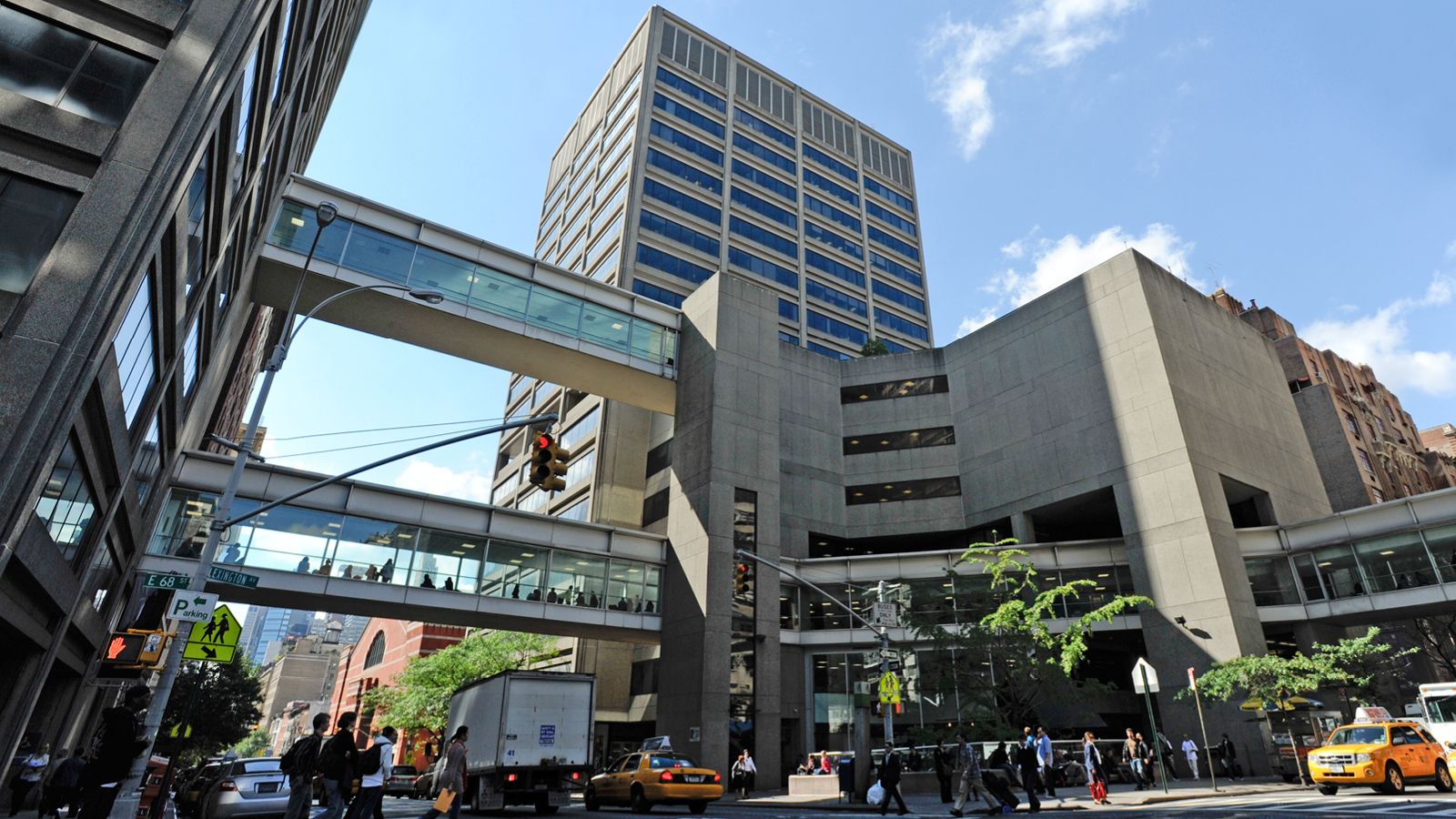Dear Hunter College community members,
As we enter the last weeks of the Spring 2025 semester, many of you are making travel plans for the summer. Significant shifts in federal policy that are unfolding, as well as news reports of their impact, suggest that individuals who are not U.S. citizens may face increased levels of scrutiny by federal officials when seeking to re-enter the United States after travel abroad. Mindful of these circumstances, we are regrettably compelled to advise against non-essential travel outside the U.S. for members of our community who are of immigrant-origin, hold a visa, or are lawful permanent residents.
Regardless of your citizenship, if you do need to travel internationally, we urge you to be mindful of the following information, gleaned from existing and anticipated policy announcements, as well as recent media reports.
- There have been recent reports of potential federal travel bans for entry to the U.S. While the potential restrictions have not been yet been confirmed, there is a possibility that the new bans could affect countries similar to those affected in 2017, including Cuba, Iran, Libya, North Korea, Somalia, Sudan, Syria, Venezuela, and Yemen, in addition to Pakistan and Afghanistan. We do not have definitive information including which countries or visa categories would be affected, or the timing of any travel bans.
- Prior to travel, visa-holders should verify where the nearest consulate of their home country is located and save its contact information. If your home country’s Foreign Ministry offers a travel registration service (like the U.S. STEP program), you should enroll.
- Students may email Citizenship Now! for travel guidance (be sure to put “CUNY Student” in the subject line). Although phone numbers are listed on the Citizenship Now! website, we do not recommend using them at this time. If you experience re-entry delays, please send an email to with “CUNY student stuck at [airport code]” in the subject line to VP of Student Affairs Eija Ayravainen. Do not specify sensitive personal information (such as immigration status) in written communications.
- Hunter graduate students, faculty, and staff travelling internationally without students are encouraged to register with CUNY-GO prior to departure. Faculty and graduate students experiencing re-entry delays should send an email to Provost Manoj Pardasani with “CUNY grad student/faculty stuck at [airport code]” in the subject line. Staff experiencing re-entry delays should send an email with “CUNY staff stuck at [airport code]” to AVP of Human Resources Michelle Blackman. Do not specify sensitive personal information (such as immigration status) in written communications.
- Customs officers have the authority to search the electronic devices (phones, laptops, tablets, etc.) of anyone entering the country, including U.S. citizens.
- All travelers should be mindful that their social media activity may impact their re-entry.
Faculty and staff members who are involved in coordinating travel abroad should ensure that advisement and orientations prepare all students to navigate uncertainty and potential disruptions while abroad and while re-entering the United States. Students who may face heightened scrutiny or denial of re-entry to the United States should be advised early to seek timely access to legal guidance before committing to a program or trip.
Finally, we commend to your attention the following “Know Your Rights” resources:
- American Civil Liberties Union (law enforcement at airports/ports of entry)
- American Civil Liberties Union (precautions to take with electronic devices)
- American Immigration Lawyers Association (electronic device searches)
Hunter College is closely monitoring the situation and will share additional insights as the situation evolves and as new information is issued by the U.S. Department of State.
Sincerely,
Manoj Pardasani
Provost and Vice President of Academic Affairs
Eija Ayravainen
Vice President of Student Affairs


